7 Must-Have SMS Tools for Small Business Growth in 2025
Seven SMS Apps to Enhance Small Business Communication
Messaging is an easy and effective method to engage customers. Unlike other communication channels, SMS messages are read quickly by recipients. SMS apps let small businesses distribute promotions, confirmations, and reminders efficiently and affordably.
What to Look for in an SMS App
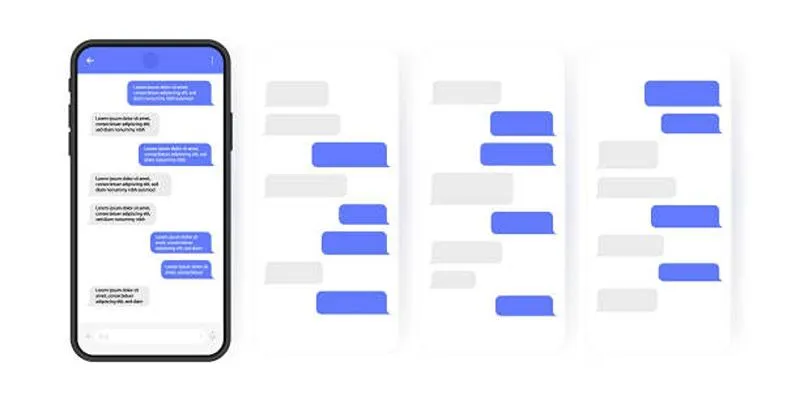
Understanding what you need in an SMS tool is crucial. Consider these key factors when selecting your app:
1. Ease of Use
Choose a platform that is intuitive and straightforward, especially if your team isn’t tech-savvy. A user-friendly interface allows immediate and effective use.
2. Message Automation
Automation speeds up operations. Automated texts for reminders or birthday greetings free you up for other business tasks.
3. Bulk Messaging
Reach hundreds or thousands of customers with a single message. Bulk messaging makes this possible with just a few clicks.
4. Analytics and Reporting
Track your campaign’s performance through analytics. Measure open rates, response rates, and delivery times to refine your strategy.
5. Cost Efficiency
Ensure the pricing aligns with your budget. Some apps offer pay-as-you-go plans, while others provide monthly subscriptions.
Top SMS Tools for Your Business
1. Twilio
Twilio is a robust messaging platform trusted by startups and large corporations alike. It’s renowned for its flexibility and customization.
-
Key Features:
- SMS, MMS, and WhatsApp messaging
- Global coverage
- Two-way communication
- Developer-friendly API
- Real-time reporting
-
Advantages:
- Highly customizable SMS workflows
- Worldwide messaging capabilities
- Supports both marketing and transactional texts
-
Drawbacks:
- Requires basic coding skills or developer assistance
- May be overwhelming for beginners
2. EZ Texting
EZ Texting offers simplicity for those seeking quick results without technical challenges.
-
Key Features:
- Mass texting
- Scheduled texts
- MMS support
- Templates and message history
- Keyword campaigns (e.g., text “JOIN” to a number)
-
Advantages:
- User-friendly drag-and-drop tools
- Effortless contact list creation
- Exceptional customer support
-
Drawbacks:
- Limited international texting
- Fewer advanced options for developers
3. SimpleTexting
SimpleTexting focuses on simplifying SMS campaigns with powerful features that are easy to manage.
-
Key Features:
- One-on-one and group messaging
- Scheduled and automated texts
- Integrations with Mailchimp, Zapier, and more
- Custom sign-up forms
-
Advantages:
- Easy navigation
- Ideal for both sales and customer service
- Clean interface
-
Drawbacks:
- Costs can rise with larger contact lists
- Limited international features
4. TextMagic
TextMagic is a straightforward SMS platform for small to medium businesses, offering transparent pricing.
-
Key Features:
- SMS from mobile, desktop, or web
- Two-way messaging
- Contact importing and segmentation
- Message templates
-
Advantages:
- Pay-as-you-go pricing
- Fast message delivery
- No contracts or setup fees
-
Drawbacks:
- Limited automation tools
- Fewer integrations
5. Podium
Podium integrates messaging with review management, customer feedback tools, and payment collection.
-
Key Features:
- SMS-based webchat
- Team inbox for managing conversations
- Collect reviews via text
- Mobile payments via SMS
-
Advantages:
- Comprehensive communication and customer interaction solution
- Increases reviews and feedback
- High-quality mobile app
-
Drawbacks:
- Higher pricing than SMS-only tools
- Overwhelming for users seeking simple texting
6. Salesmsg
Salesmsg excels in facilitating two-way communication for sales reps and support teams.
-
Key Features:
- Local phone numbers
- Shared inbox for teams
- Call forwarding
- Calendar integrations
- Auto-responders and message scheduling
-
Advantages:
- Team-friendly interface
- Strong CRM integrations with HubSpot and Salesforce
- Real-time communication
-
Drawbacks:
- Limited support for large-scale mass texting
- Limited multimedia support
7. ClickSend
ClickSend offers SMS along with email, voice, and direct mail, providing a versatile communication platform.
-
Key Features:
- SMS gateway API
- MMS, email, and voice messaging
- Message personalization
- Campaign tracking
-
Advantages:
- Flexible and scalable
- Global message delivery
- Free trial available
-
Drawbacks:
- Complex interface for new users
- May be too feature-rich for those needing only SMS
Benefits of Using SMS for Your Business
SMS is a fast, direct, and reliable way to communicate with your customers.
- High Read Rates: SMS boasts higher open rates than email, with most texts read within minutes.
- Direct Communication: Texting feels personal, enhancing customer relationships.
- Time Efficiency: Schedule messages and automate responses to reach many customers at once.
- Sales Boost: Promotions and alerts via SMS drive engagement and prompt purchases.
Tips for Using SMS Apps Effectively

Using SMS apps effectively requires strategic planning:
1. Always Get Permission
Ensure customers opt-in before sending texts. Use signup forms, in-store posters, or website pop-ups.
2. Keep Messages Short
Use clear, concise language as customers prefer short texts.
3. Send at the Right Time
Avoid early mornings or late nights. Mid-day or early evening are optimal times.
4. Use Clear Calls-to-Action
Guide actions with clear CTAs like “Click to book,” “Reply YES,” or “Show this code in-store.”
5. Track Performance
Analyze which messages perform best and improve your campaigns using real data.
Final Thoughts
SMS apps are essential for small businesses seeking to reach customers quickly and affordably. Whether you need simple solutions like TextMagic or comprehensive platforms like Twilio or Podium, there’s an app that suits your needs and budget. Choose the right tool based on your business size, technical comfort, and communication goals. Start small, test different approaches, and expand your SMS strategy as your business grows.
Related Articles

The 8 Best To-Do List Apps for Android in 2025

The 8 Best Live Chat Apps for Customer Support in 2025

Best Apps for iPhone: 6 To-Do List Picks in 2025

12 Best Productivity Apps for Mac in 2025

Maximize Your Revenue with These Best Marketing Tools for Restaurants

8 Must-Have Productivity Tools Every Software Engineering Manager Needs

The 6 Best Construction Management Software Options to Streamline Your Projects
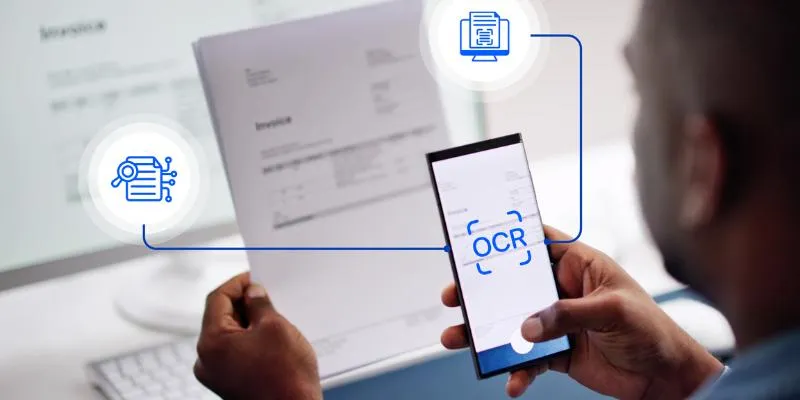
Top 5 Mobile Scanning and OCR Software to Use in 2025
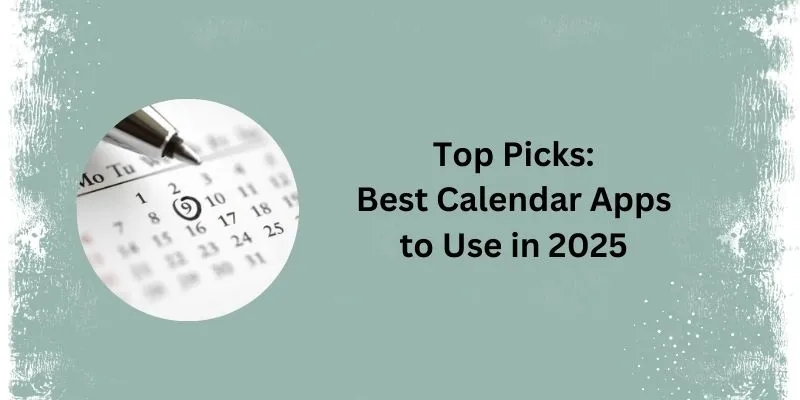
What Are the 5 Best Calendar Apps to Use in 2025?

Elevate Your Strategy with the Best Content Marketing Tools of 2025

The 11 Best CRMs for Small Business: Streamline Your Workflow in 2025

The 8 Best Content Marketing Tools in 2025 to Elevate Your Strategy
Popular Articles

How to Set Maximum Number of Tags for WordPress Posts in Simple Steps

Fast and Free AI-Powered Tools to Cleanly Cut Photo Backgrounds

Unlock the Power of Free Tools for Professional Diagram Design

Easy Ways to Change 4K MTS Footage into MPEG Formats
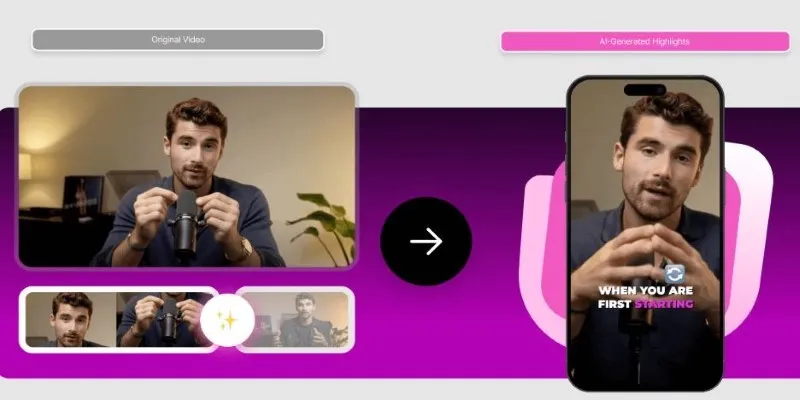
AI Highlight Video Makers: Top 3 Tools to Capture Best Moments
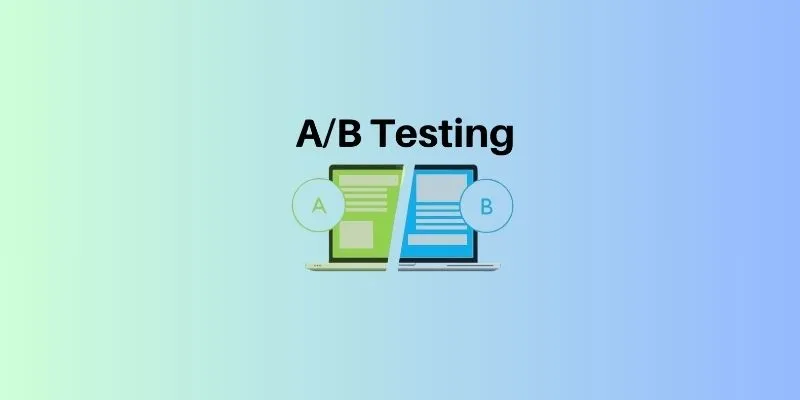
The Benefits of A/B Testing: Top 5 Tools to Boost Your eCommerce Strategy
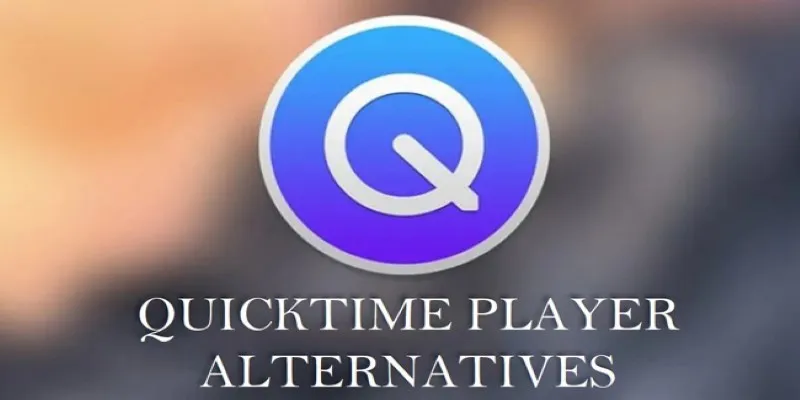
Top 8 QuickTime Player Alternatives for Windows 10/8/7/XP

LightCut 2025 Review: The Best Video Editor for Android and iPhone
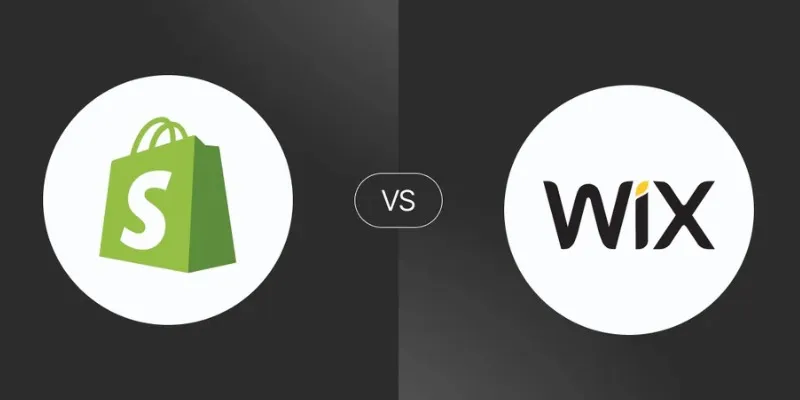
Shopify vs. Wix: Choosing the Best Platform for Your Online Store
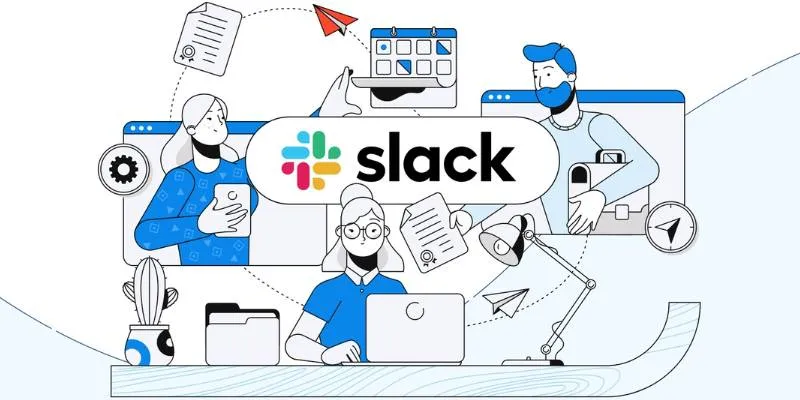
How to Set Up and Organize a Slack Channel: A Step-by-Step Guide
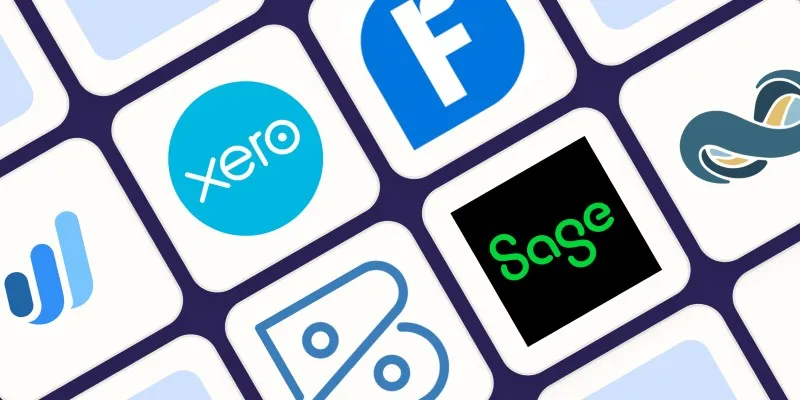
Beyond QuickBooks: 10 Fresh Alternatives to Elevate Your Accounting Game in 2025

 mww2
mww2